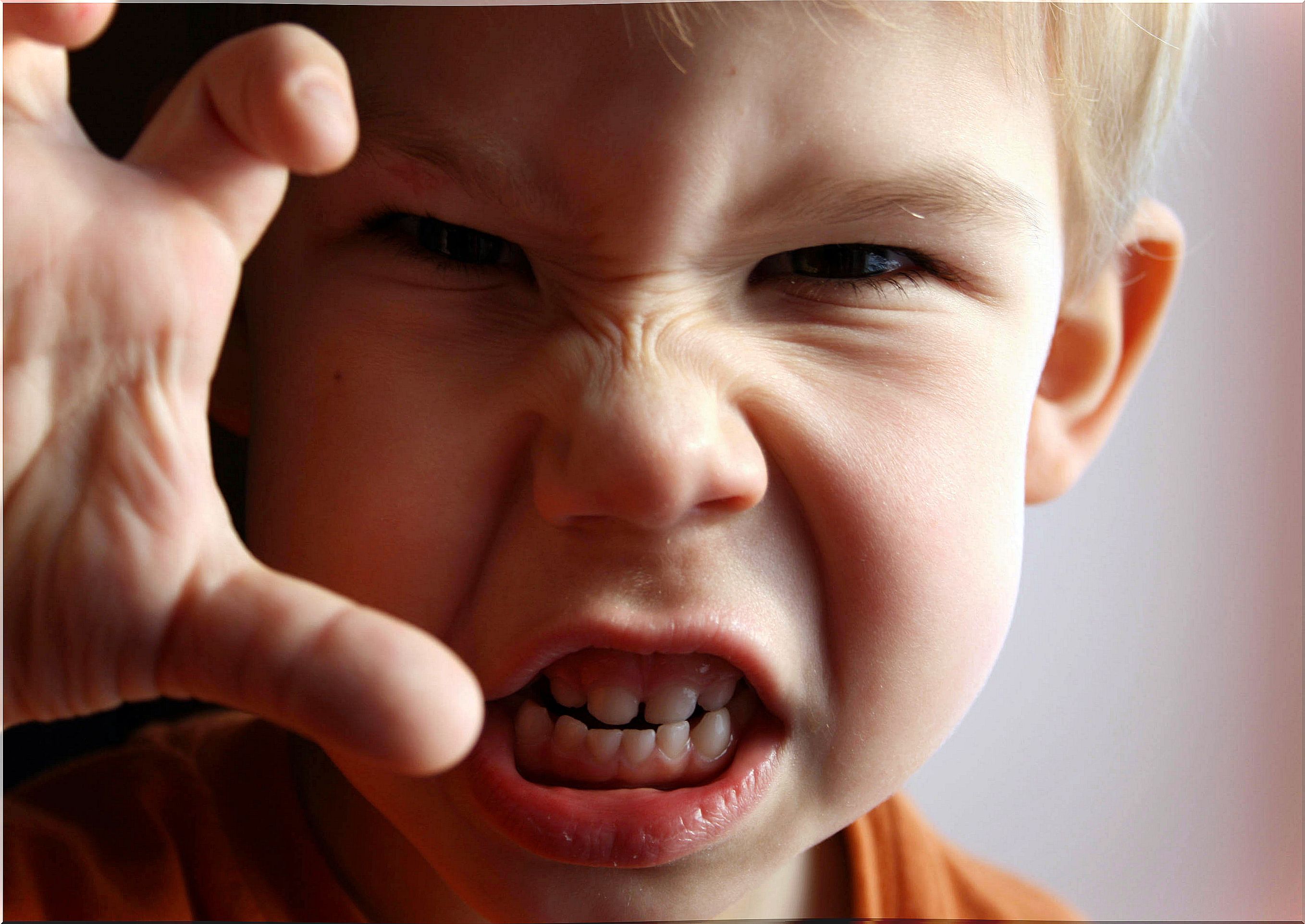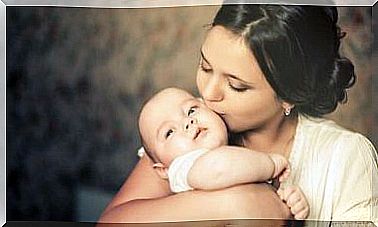How To Deal With Your Child’s Anger

In this article, we will give you a number of tips on how to best deal with your child’s anger.
Children can sometimes feel overwhelmed or frustrated. Not knowing how to deal with their emotions can cause them to explode in episodes of anger.
The majority of children suffer from temper tantrums and episodes of rage from an early age. It can sometimes make them act aggressively.
Identifying a child’s anger is not a very difficult task. Sometimes we take their tantrum as normal events without realizing that they can create problems later.
Here are some clear signs of when a simple rage attack becomes something more than a show of anger.
How to identify anger in your children:
- They can cause problems at school.
- Their anger and aggression affect people in the family.
- Their behavior is a danger to themselves and the people around them.
- If their tantrums last for a long time and if it becomes a constant defense mechanism.
- If their aggression reaches a stage where they can no longer control themselves.
- Their behavior disrupts their personality and prevents them from establishing relationships with others. They can also be excluded from activities such as games or birthdays.

Anger and suffering
It has been proven that a child’s anger is a sign of their suffering. Their anger and aggression are defense mechanisms against the world and against themselves.
The first step to understanding a child’s anger is by understanding the reasons and conditions that cause the child to behave that way. There are many things that can trigger this feeling. Here are a few examples:
ADHD
More and more children are showing symptoms of ADHD. They are children who are impulsive and hyperactive, and they have special problems controlling their behavior.
Children diagnosed with this disorder have an inability to concentrate on their daily tasks.
However, these symptoms do not constitute a direct diagnosis of ADHD. This symptom can be overlooked over time and this leads to aggressive behavior.
Anxiety
Most rebellious and angry children suffer from severe anxiety that has not yet been identified.
Their behavior is about camouflage. It shows their difficulty in dealing with stressful situations. The most obvious sign of anxiety is when they try to run away due to a great deal of fear invading them.
Trauma or negligence
Results of bad behavior at school or at home
Difficulties in sensory perception
Some children have a harder time processing sensory information about the space that surrounds them. If you think your child is particularly sensitive, or on the contrary not sensitive to stimulation, it may be the cause of severe anxiety that has gone unnoticed.
For example, they may feel overwhelmed by temperatures or textures. It is important to resolve this as soon as possible to prevent the problem from becoming chronic.
Autism
Children who are in the field of autism are also likely to suffer from emotional crisis.
Perhaps your child is insisting on a routine that makes them feel more comfortable This disorder can affect the child’s ability to communicate and convey their feelings.

How do I help my child?
Parents are the first people who can shape a child’s behavior. The following are tips on how to deal with your child’s anger:
- Help them with empathy.
- Make them see that you can allow any emotion but not any kind of behavior. That means they may get angry, but they should not take their anger out of context.
- Teach them the guidelines for dealing with stress. Exercise, reading, thinking about positive things can all be relaxation methods.
- Teach them to breathe deeply when they are bored.
In conclusion, anger is not always just because of how a child is raised. We need to help them control their impulses to prevent major problems in the future.









